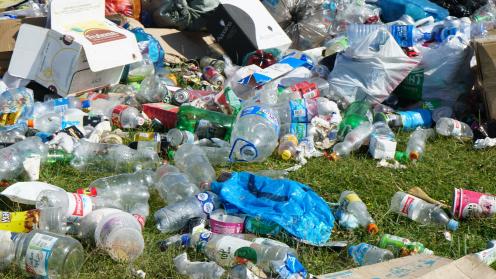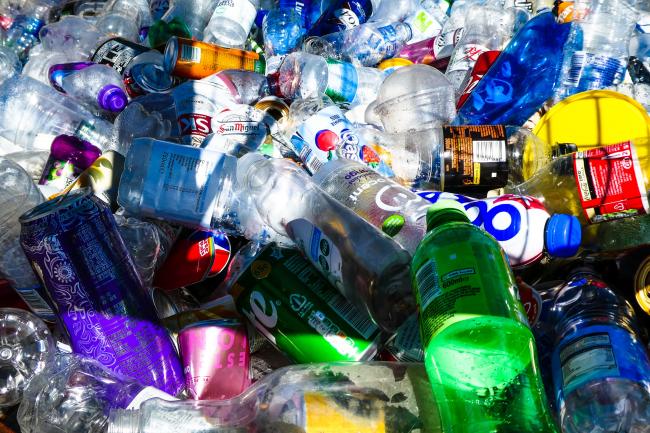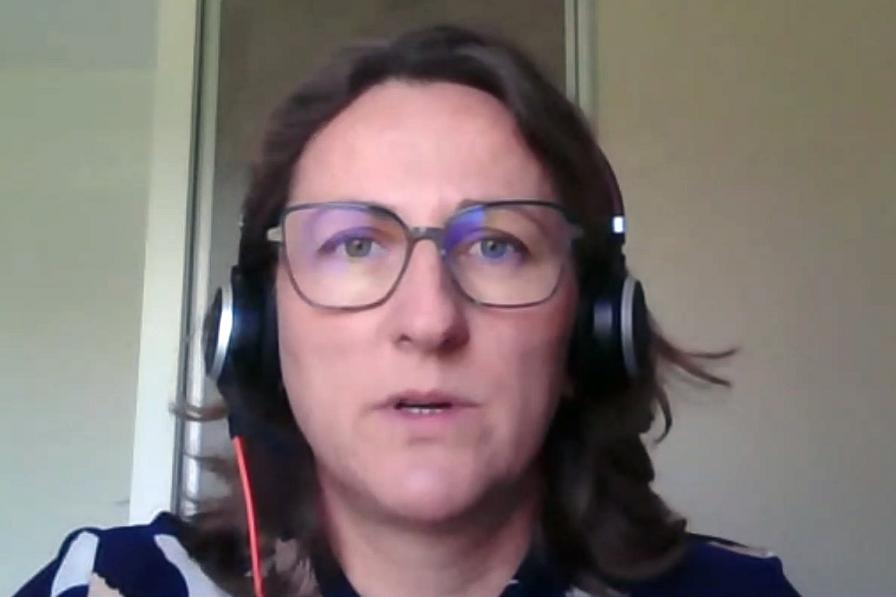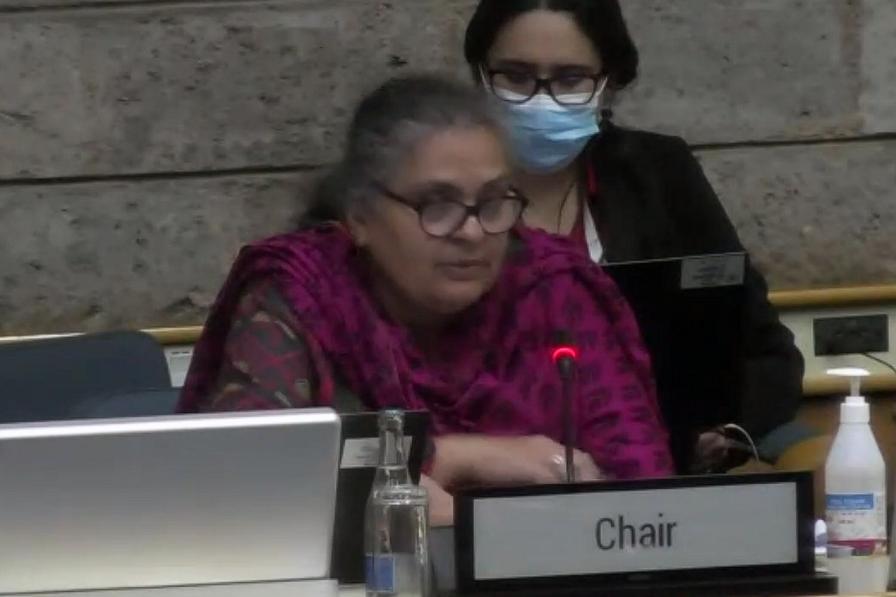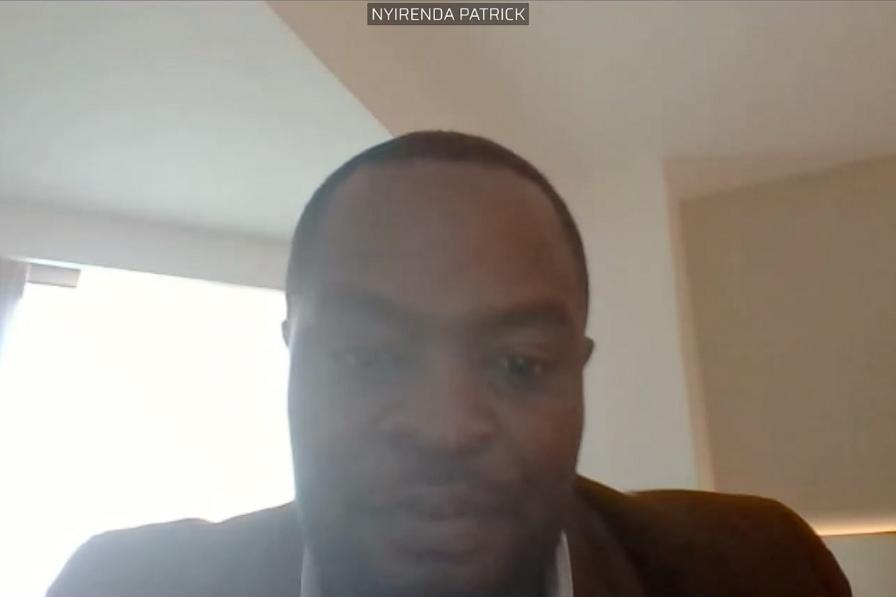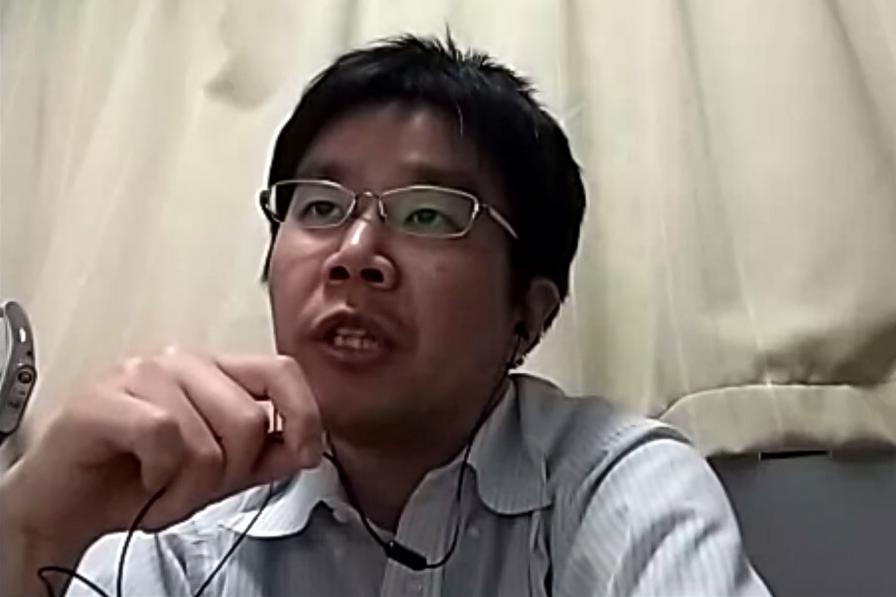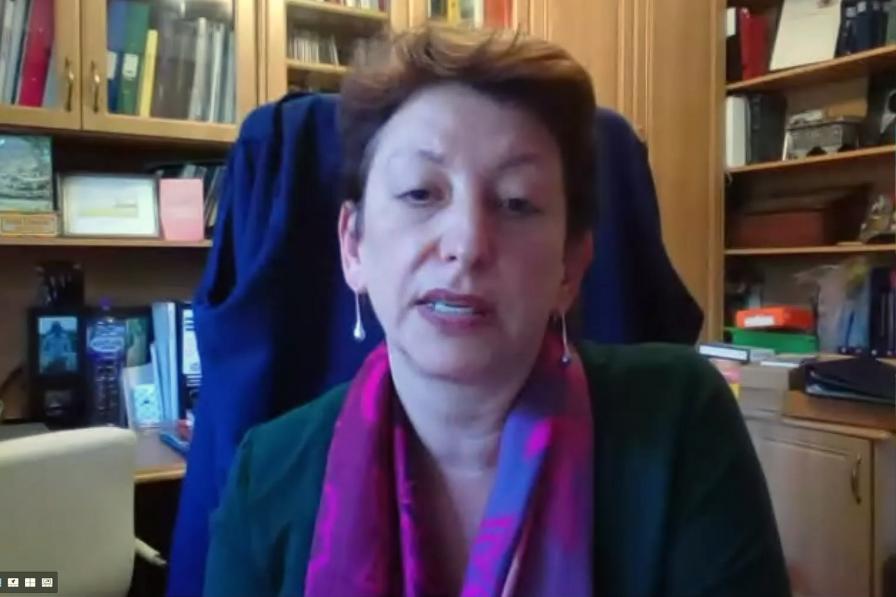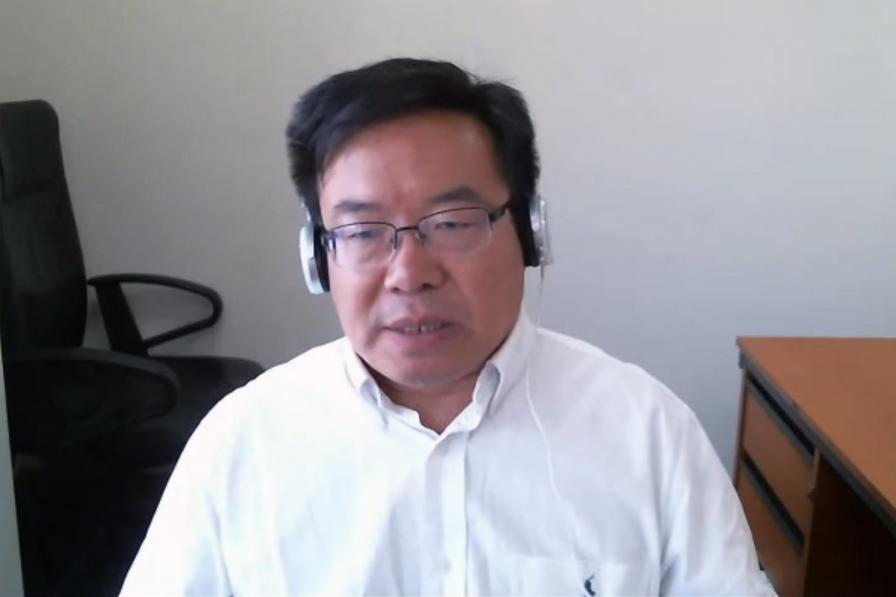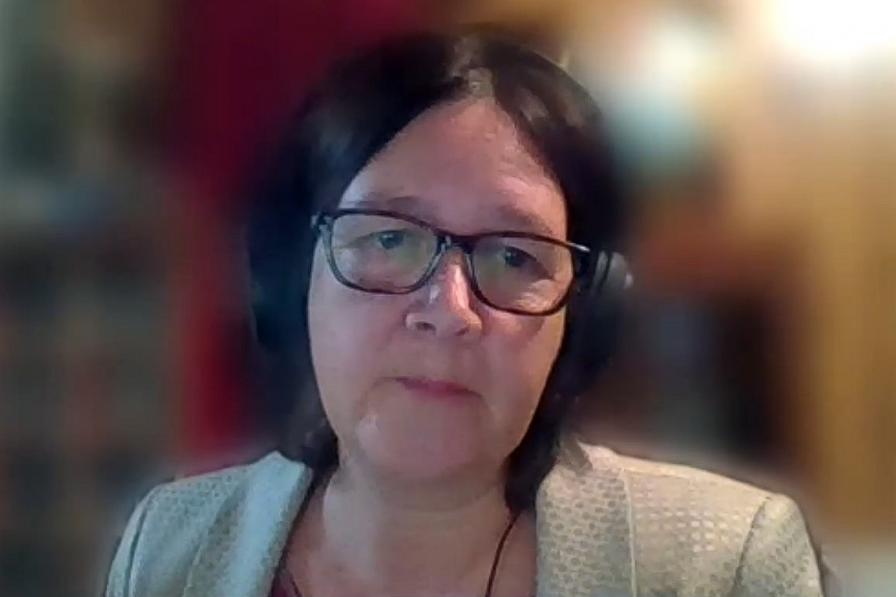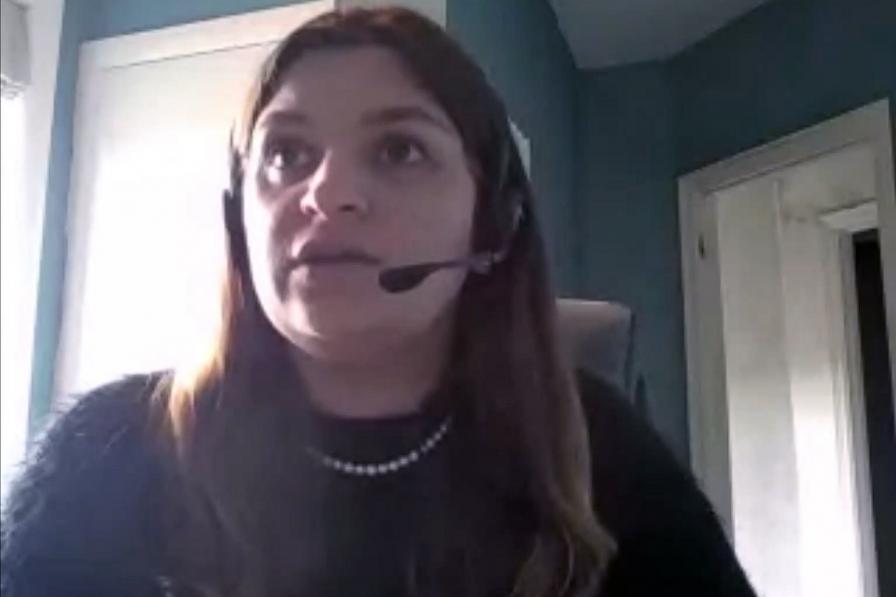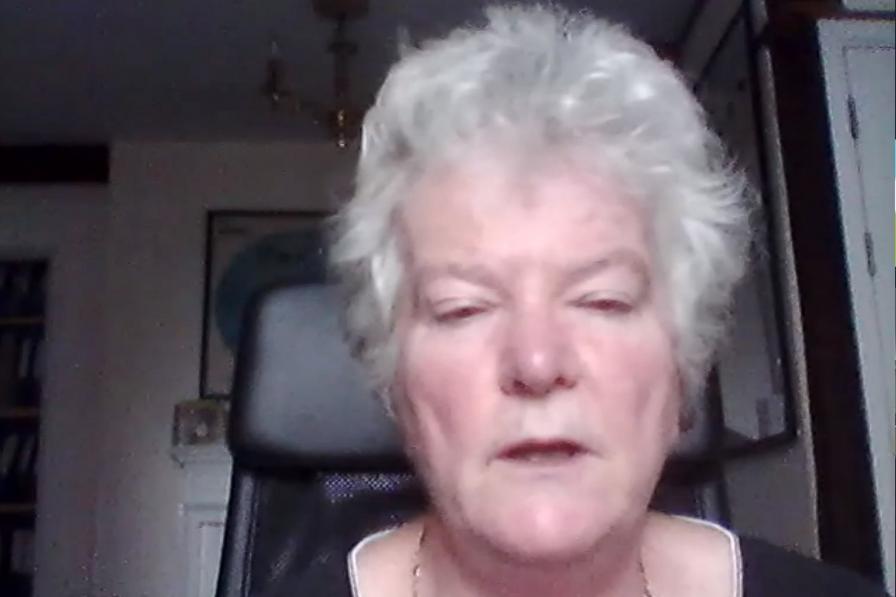Chemicals and pollution are part and parcel of our daily lives. They also pose direct threats to the environment and human health. According to the World Health Organization (WHO), 99% of the world’s population breathes in polluted air and 2 million lives and 53 million disability-adjusted life-years were lost in 2019 due to chemical exposures. It is in this light that the fifth UN Environment Assembly (UNEA) in resolution 5/8 agreed to start the process to establish a Science-Policy Panel (SPP) to contribute further to the sound management of chemicals and waste and to prevent pollution.
In its decision, the UNEA decided to convene an ad hoc Open-ended Working Group (OEWG), which is expected to complete its work in 2024. The OEWG met for the first time in a hybrid format on 6 October 2022.
During this session, delegates met to elect a Bureau, including two representatives from each of the five UN regions, with a Chair expected to be elected from the Bureau. They also addressed other organizational matters such as rules of procedure, timetable, and organization of work for the OEWG and preparation for the proposals to establish an SPP.
Electing the Bureau proved tricky as one region could not reach consensus on its nominees. One Member State requested that the candidature and appointment of a nominee as Chair be put to a secret ballot. As this is not possible in a hybrid setting, the finalization of the Bureau will take place at the second segment of OEWG 1, which will take place in person in early 2023. Saqlain Syedah, Pakistan, will chair the sessions until this matter is resolved.
OEWG 1.1 was also the first opportunity Member States and other stakeholders had to discuss what the SPP could look like, and how the process should progress over the course of the next two years. Participants welcomed the establishment of the SPP, underscoring the need for an SPP that is independent, transparent and provides policy-relevant, not policy-prescriptive, advice based on sound science.
Member States also generally agreed that a two-year-long process with three meetings of the OEWG should be sufficient to generate proposals in time for the intergovernmental meeting to consider and decide on these proposals, which is expected to be held in early 2025. There were, however, requests that going forward, the process follow a stepwise approach that discusses function and scope before addressing form and rules of procedure. There were also calls for building on lessons learned from similar science-policy panels, and avoiding duplication of work and “reinventing the wheel.”
Despite some concerns around issues of geopolitics, OEWG 1.1 was a constructive session that provided input on how the process will look going forward. Member States engaged productively with the Secretariat on how best to move the process forward and in what sequence issues would best be approached. Participants generally agreed that the one-day meeting put the process on a good footing going forward.
